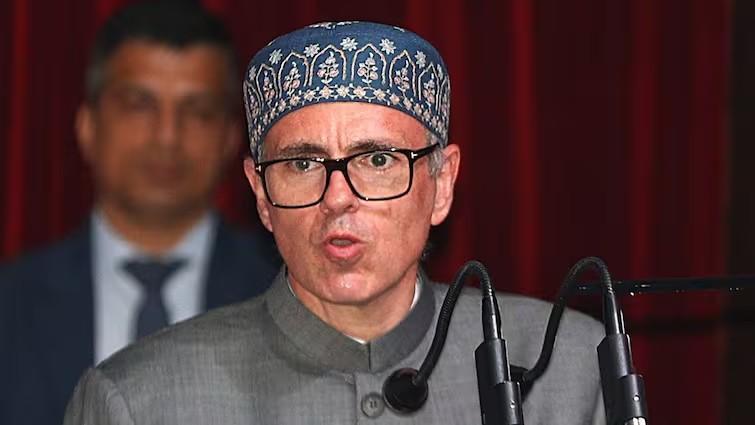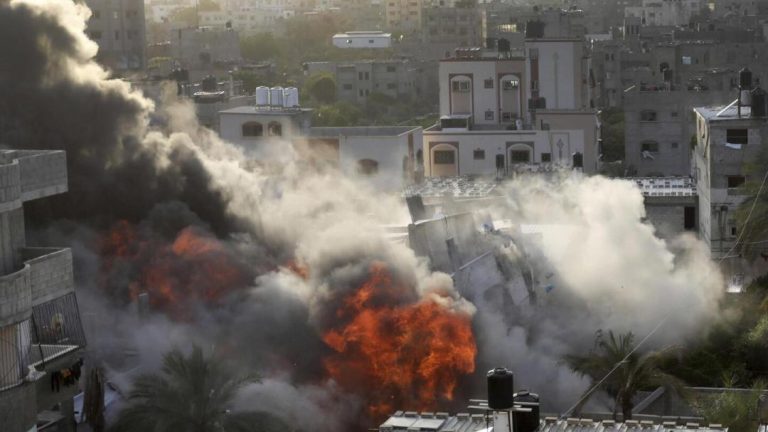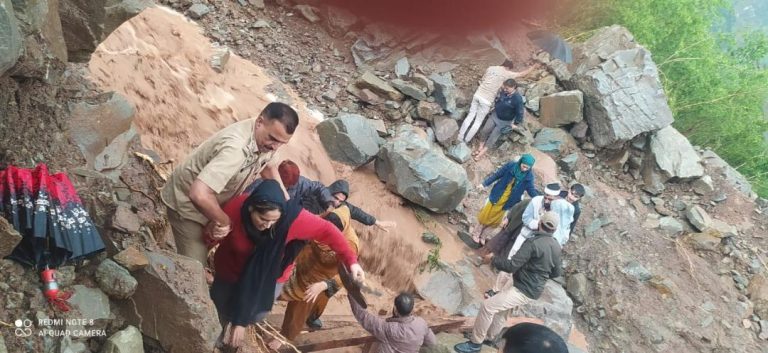
Normalcy in J&K post Art 370 abrogation is forced, not organic: CM
The abrogation of Article 370, a historic decision by the Indian government, has been a topic of much debate and discussion since its implementation in August 2019. The decision, which revoked the special status of Jammu and Kashmir (J&K), was met with both praise and criticism from various quarters. While some hailed it as a bold move to integrate the region with the rest of the country, others saw it as a violation of the rights of the people of J&K.
In a recent statement, J&K Chief Minister Omar Abdullah, a member of the National Conference, which is one of the oldest political parties in the region, expressed his views on the situation in J&K since the abrogation of Article 370. He stated that the normalcy in the region is “forced” rather than “organic”, as claimed by the Centre.
Abdullah’s statement was in response to the claims made by the Centre that the situation in J&K has returned to normalcy after the abrogation of Article 370. The Centre had argued that the decision had led to a decrease in terrorism and an improvement in the overall situation in the region.
However, Abdullah disagreed with this assessment, stating that the normalcy in J&K is not organically grown, but rather forced and artificial. He argued that if what is happening in J&K is truly organic, then nothing like it exists anywhere else. But if it is driven out of fear, then there is a problem.
Abdullah’s statement is a reflection of the concerns that many people in J&K have been expressing since the abrogation of Article 370. Many have reported feeling a sense of fear and uncertainty, as the region has been under a strict security lockdown for several months.
The lockdown, which was imposed by the Centre in August 2019, has been criticized by many as a draconian measure that has severely restricted the movement of people and the flow of goods into and out of the region. The lockdown has also led to a significant economic downturn in the region, as many businesses have been forced to shut down.
Despite the Centre’s claims of normalcy, many people in J&K continue to face difficulties and challenges in their daily lives. The region’s economy is still reeling from the effects of the lockdown, and many people are struggling to make ends meet.
Abdullah’s statement is also significant because it highlights the lack of trust that many people in J&K have in the Centre’s claims of normalcy. Many have expressed concerns that the Centre is trying to impose its own narrative on the situation in J&K, rather than listening to the concerns and aspirations of the people.
In conclusion, Omar Abdullah’s statement highlights the complexities and challenges that J&K is facing following the abrogation of Article 370. While the Centre may claim that the situation in J&K has returned to normalcy, Abdullah’s statement suggests that this is not the case. The region continues to face significant challenges, and the Centre must work to address these concerns and ensure that the people of J&K are able to live with dignity and freedom.
Source:





